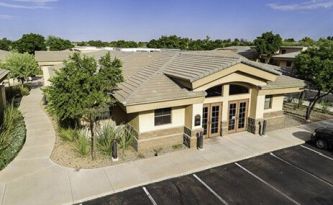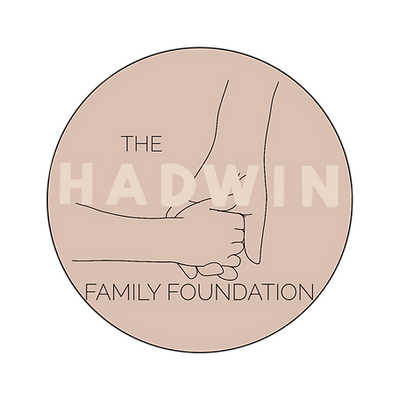Egg Freezing & Oocyte Cryopreservation in Phoenix, AZ

What is it?
Egg freezing is a way for women to save some of their younger, healthier eggs for later use when they anticipate that age, delayed childbearing, and/or medical treatments (e.g. radiation, chemotherapy, or ovarian surgery) could harm their egg supply or future fertility chances.
Why Social Freezing?
Fertility usually peaks in a woman’s 20s, but many women are waiting until they are older to start having children. Delayed childbearing is becoming increasingly common due to the demands of education and careers, as well as the social trend toward waiting longer before committing to marriage and having children. What if you could stop your biological clock now? Having younger eggs available in your 30’s and 40’s can increase the probability that you will be able to have children when you are ready.
How is it done?
The process of obtaining eggs for freezing is similar to the first part of IVF treatment. For most patients, it will take 10-11 days of medications to stimulate egg growth and development. When ultrasound and hormonal testing indicate that your eggs are ready, we perform the egg retrieval procedure under ultrasound-guidance and IV sedation. After approximately 20 minutes for the procedure and 30-45 minutes of recovery time, you will be able to go home and rest. Most women can return to work and regular activities the following day. Once the eggs are extracted, they are fast-frozen using a process called vitrification, which uses cryoprotectants and rapid cooling to prevent cryoinjury to the cells. The eggs can remain frozen in cryostorage for years and will only be thawed and fertilized to make embryos when you are ready to have a baby.
Why experience matters?
At ACFS, we have successfully vitrified, thawed, and fertilized thousands of eggs for women of all ages with industry-leading rates of survival and live birth rates. Few have the experience that we do in this arena. We know and understand that you are counting on these eggs to help you have children, so we take that responsibility extremely seriously. Before we felt comfortable offering oocyte vitrification to younger women who wanted to store their eggs as an insurance policy, we studied our egg freezing skills in reproductively older women who wanted to bank multiple batches of eggs prior to fertilizing their fresh and frozen eggs at the same time. In this challenging group of infertile patients, we were able to show virtually no difference in the fresh and frozen egg outcomes under identical fertilization and culture conditions. Therefore, when you freeze your eggs at ACFS you can be certain that your future is in good hands.
We encourage all young women that are thinking about postponing childbearing to take control of their future fertility and to seriously consider egg freezing.

If you want to learn more about social egg freezing, call your ACFS fertility team today at (480) 860-4792.











